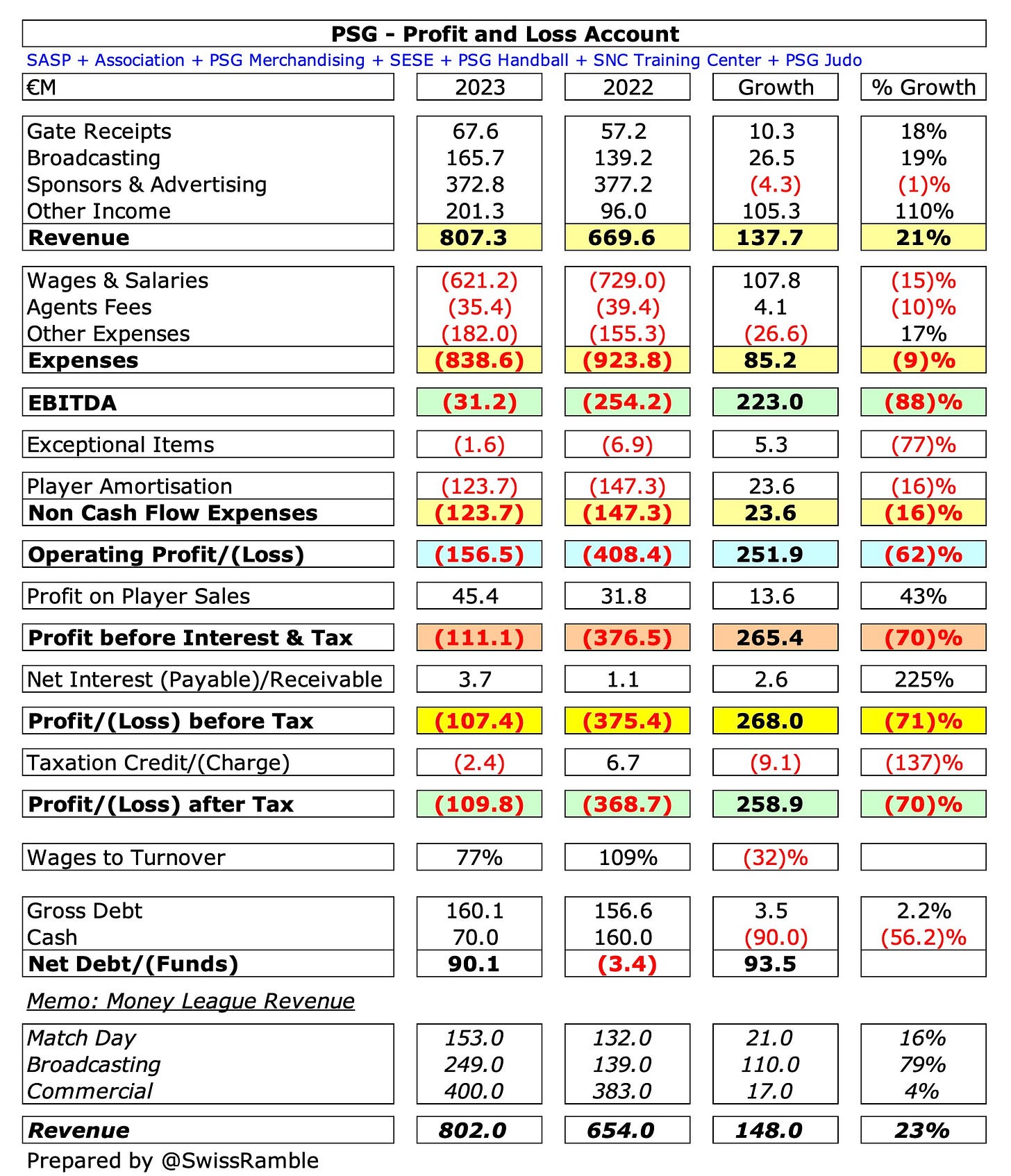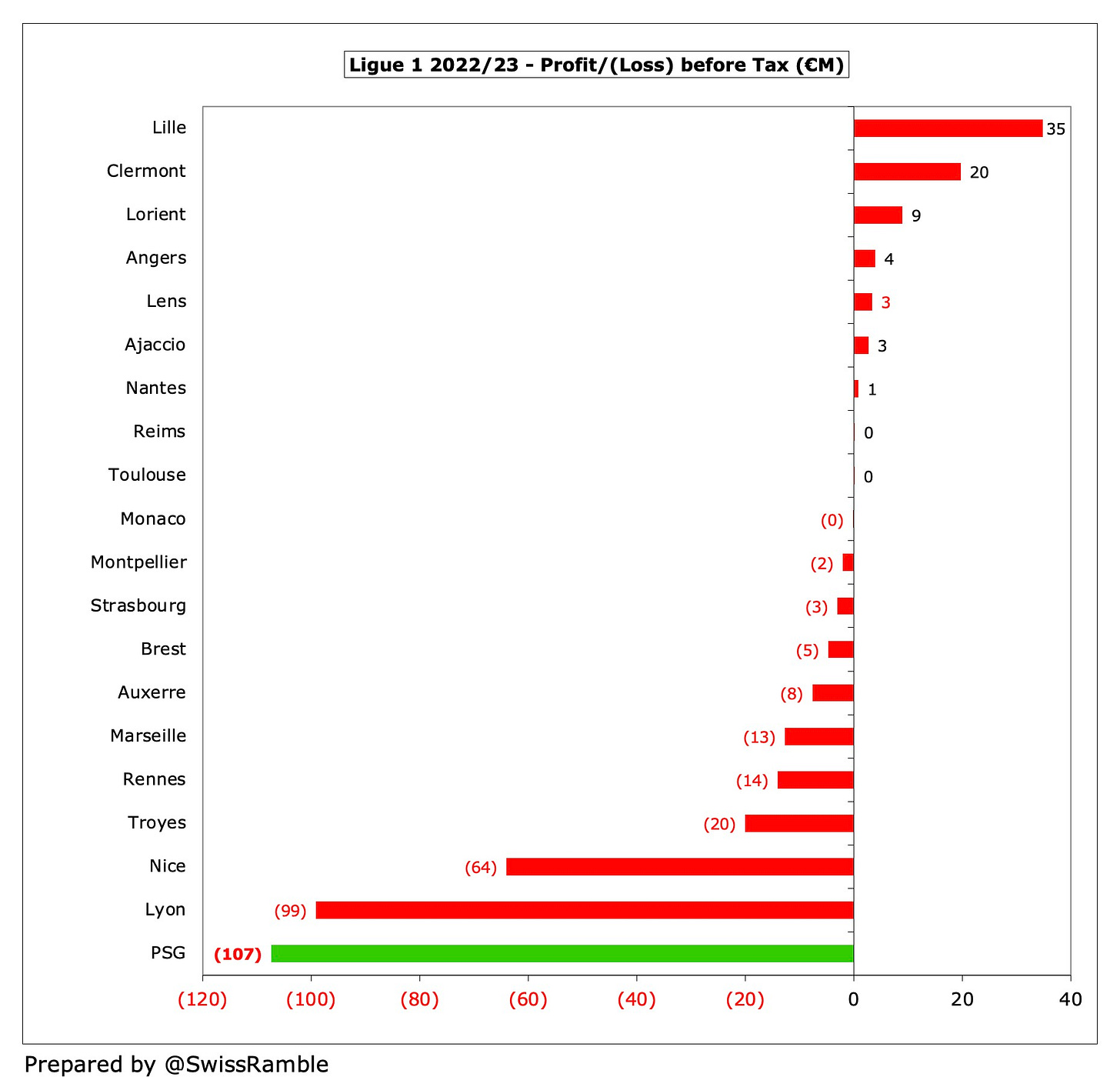The departures of Lionel Messi and Neymar last summer highlighted a dramatic change in Paris Saint-Germain’s strategy, as they appear to be moving away from the “Galacticos” model, replacing their expensive superstars with younger, hungrier players.
Indeed, the last of PSG’s incredible front three, French captain Kylian Mbappé, is lined up to join Real Madrid when his contract expires this summer, which would pretty much mark the end of an era.
Despite the upheaval, PSG could ended winning the treble this season under Luis Enrique. They are on the verge of winning the league title, which would be the tenth time in the last 12 years, while they have reached the final of the Coupe de France and the semi-finals of the Champions League.
Success in Europe’s leading competition would be the icing on the cake for the club’s owners, Qatar Sports Investments (QSI), a subsidiary of Qatar's sovereign wealth fund Qatar Investment Authority (QIA).
They acquired PSG in 2011, instantly making the club by far the richest in France and one of the wealthiest in the world.
However, they have posted huge losses in recent years, which means that they have struggled to comply with UEFA’s Financial Fair Play (FFP) regulations. Indeed, many fans of other clubs simply don’t understand how the Parisians’ big spending can possibly be in line with the targets.
We will therefore take a detailed look at PSG’s finances, focusing on the recently published 2022/23 accounts. These cover a season when they yet again won the league, but were eliminated in the last 16 of both the Champions League (by Bayern Munich) and the Coupe de France (by Marseille).
Don’t worry, there will also be an explanation of why PSG currently seem to be OK in terms of FFP, but we’ll get to that a bit later.
Profit/(Loss) 2022/23
PSG’s reported another sizeable pre-tax loss in 2022/23 of €107m, but this was less than a third of the previous season’s €375m, representing a massive improvement of €268m.
Revenue shot up €137m (21%) from €670m to a club record €807m, while profit from player sales was up €13m (43%) from €32m to €45m. In addition, operating expenses were cut by €114m (11%), bringing them below the billion Euros in the prior year.
Loss after tax also reduced from €369m to €110m.
The main driver of PSG’s steep revenue increase was other income, which more than doubled, rising €105m from €96m to €201m, mainly due to the Ligue 1 CVC private equity deal.
However, there was also good growth in broadcasting, up €27m (19%) from €139m to €166m, and gate receipts, up €11m (18%) from €57m to €68m. Sponsorship and advertising fell slightly, but this was still very high at €373m.
On top of the revenue growth, PSG’s staff costs were substantially reduced, as wages dropped €108m (15%) to €621m, albeit from a world record €729m; player amortisation fell €23m (16%) from €147m to €124m; and agents fees reduced by €4m (10%) from €39m to €35m.
However, other expenses rose €27m (17%) from €155m to €182m, as rising inflation took its toll on services and utilities.
Despite the improvement, PSG’s €107m pre-tax loss was still the largest in France, just ahead of Lyon’s €99m, followed by Sir Jim Ratcliffe’s Nice €64m.
French clubs normally strive to maintain a decent bottom line and 2022/23 was no exception with nine clubs reporting a profit, led by Lille €35m and Clermont €20m, and another five clubs restricting their losses to less than €8m.
Of course, it is not unusual that leading football clubs lose money, as seen by looking at last season’s Top 20 in the Deloitte Money League, where four clubs posted larger deficits than PSG, namely Barcelona €377m (excluding €800m economic levers), Chelsea €192m (excluding €89m hotel sales), Juventus €117m and Tottenham €109m.
That said, seven clubs did manage to generate a profit last season, led by Napoli €118m, Manchester City €92m and Bayern Munich €54m.
Player Sales 2022/23
PSG’s profit from player sales increased from €32m to €45m, the club’s highest gain in the last three years, with the departures including Arnaud Kalimuendo to Rennes, Thilo Kehrer and Alphonse Areola to West Ham, Pablo Sarabia to Wolves and Idrissa Gueye to Everton.
Keep reading with a 7-day free trial
Subscribe to The Swiss Ramble to keep reading this post and get 7 days of free access to the full post archives.








